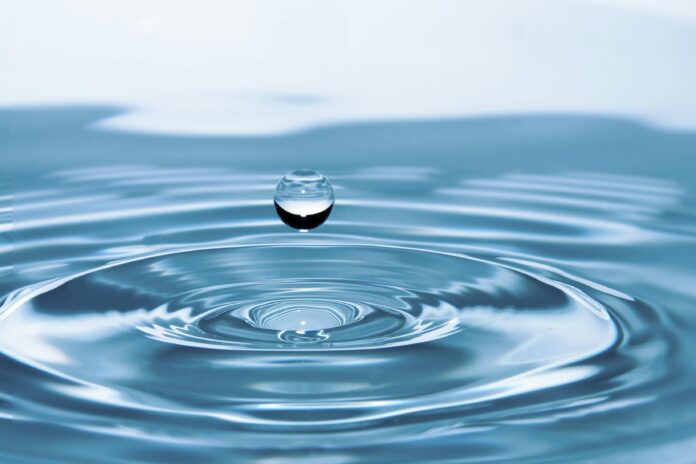Water is an indispensable resource in many industrial processes, yet its availability is becoming increasingly limited. As industries face the growing challenge of ensuring sustainable operations, improving water efficiency is an effective way to reduce costs, conserve resources, and minimise environmental impact. By implementing targeted strategies, companies can optimise their water usage and enhance overall operational performance.
Conducting a Water Usage Assessment
To improve water efficiency, businesses must first understand their current water consumption patterns. Conducting a detailed water usage audit is an essential step in this process. This audit will help to pinpoint areas where water consumption is higher than necessary and identify opportunities for reduction.
This assessment can reveal inefficiencies in various stages of the production process. For example, cooling systems, cleaning operations, or even administrative areas may be consuming more water than needed. Once these areas are identified, steps can be taken to implement measures such as more efficient water fixtures, improved processes, or introducing water-saving technologies. It’s also important to assess water quality and treatment methods to determine if any waste could be avoided through filtration or reuse.
Implementing Water Recycling Systems
Recycling water is one of the most effective ways to improve water efficiency in industrial environments. Water used in manufacturing or cooling processes can often be treated and reused within the same system, reducing the need for fresh water. Installing water recycling systems can help businesses significantly cut down on their water consumption and, in some cases, lower treatment costs as well.
One way to achieve this is through the use of industrial water management systems, which help businesses monitor and optimise water use across various stages of production. These systems can track water quality, usage patterns, and areas where water can be reused. By improving the control over water flow and quality, these systems reduce waste and promote a more sustainable water consumption model.
Optimising Equipment and Processes
Another effective strategy for enhancing water efficiency is the optimisation of equipment and industrial processes. Over time, machinery and systems can become less efficient, leading to higher water consumption. Routine maintenance and timely upgrades are vital to ensure that equipment operates at its peak performance.
By investing in water-efficient machinery or upgrading existing systems, industries can drastically reduce water usage. For instance, automated systems can better control the flow and use of water, ensuring that no water is wasted during operations. In addition, many modern industrial processes have been designed to use less water by employing more precise control mechanisms, which can prevent unnecessary overuse.
Employee Training and Awareness
Water efficiency is not just about technology or equipment—employee engagement is a crucial element in the process. Training staff to understand the importance of water conservation and how they can contribute to more efficient water use is essential. Employees can help identify areas where water is wasted, suggest improvements, and adhere to best practices in their daily tasks.
Promoting a culture of water efficiency throughout the organisation can lead to long-term sustainability benefits. Staff should be made aware of water-saving measures, such as turning off water when not in use, maintaining equipment properly, and following water-saving procedures in their respective roles. With the right knowledge and attitude, employees become active participants in creating a water-efficient environment.
By integrating these strategies, industries can reduce their water consumption, cut costs, and support sustainability efforts. Water efficiency is a key factor in ensuring long-term operational success and environmental responsibility.
Help keep news FREE for our readers
Supporting your local community newspaper/online news outlet is crucial now more than ever. If you believe in independent journalism, then consider making a valuable contribution by making a one-time or monthly donation. We operate in rural areas where providing unbiased news can be challenging. Read More About Supporting The West Wales Chronicle

























